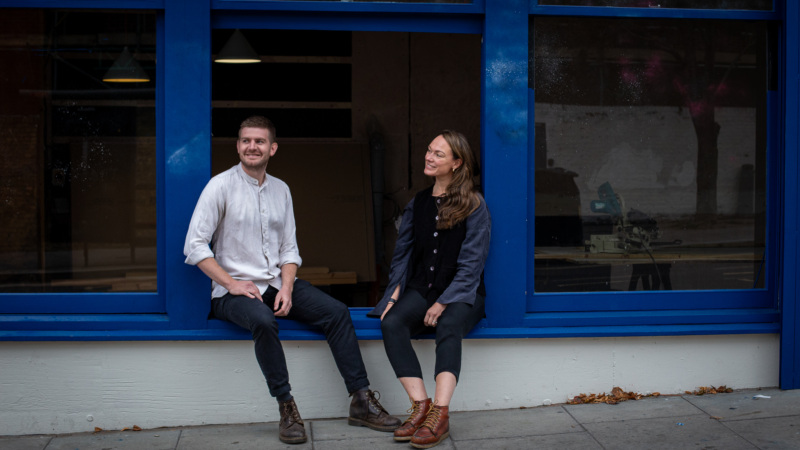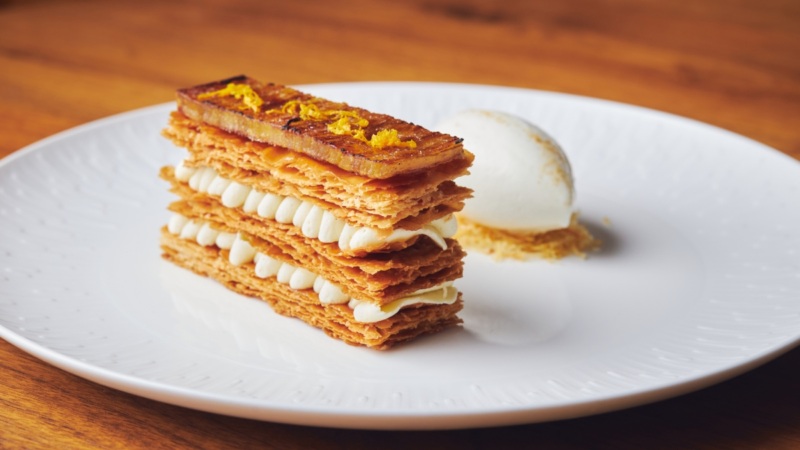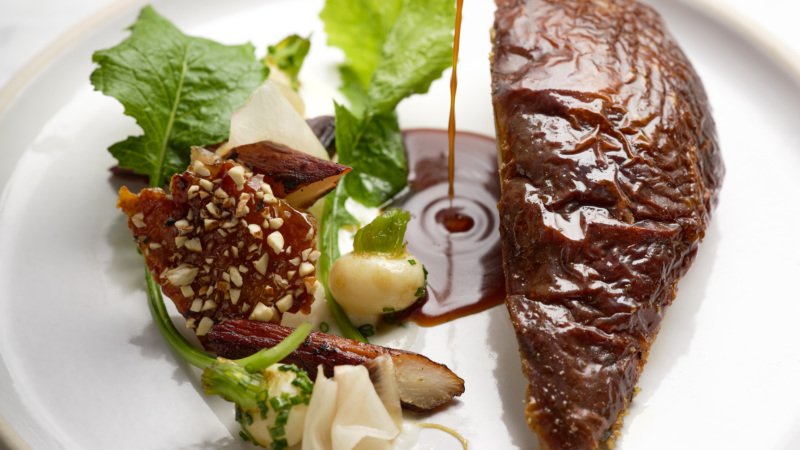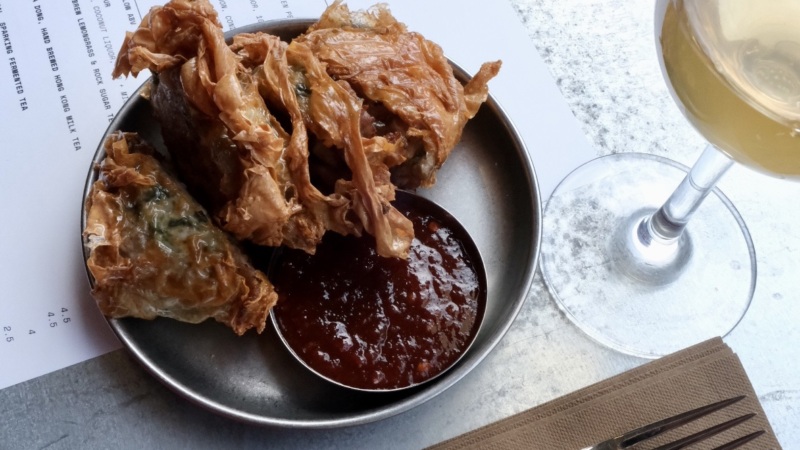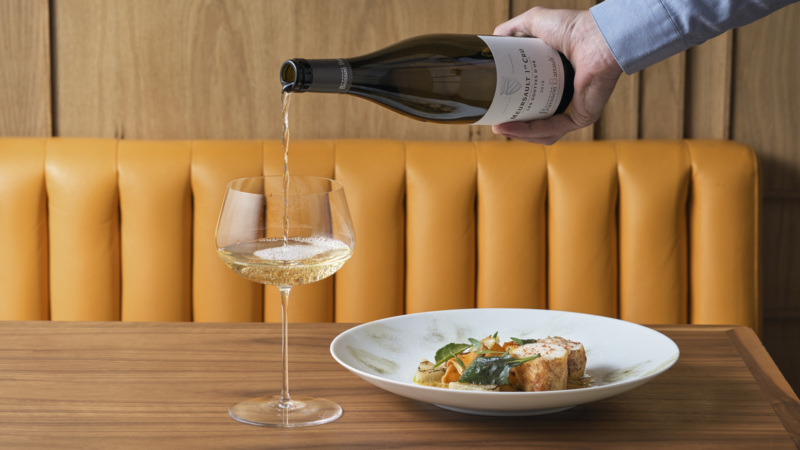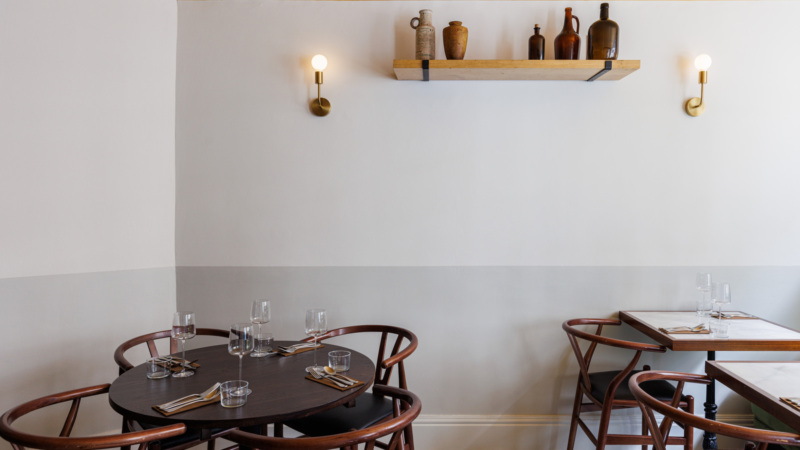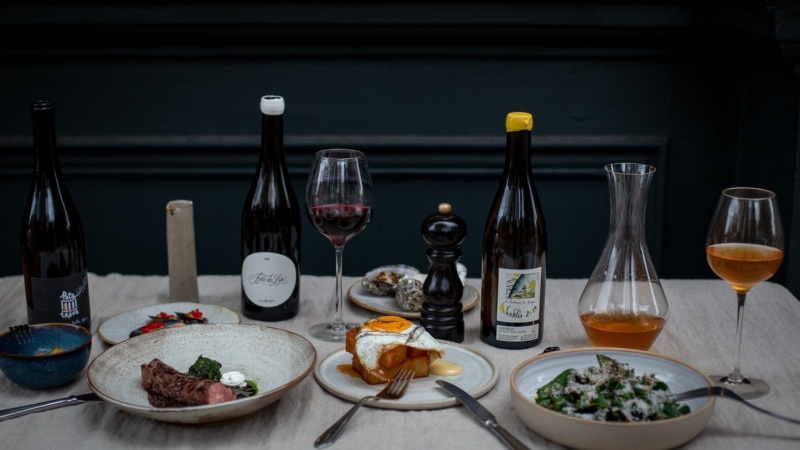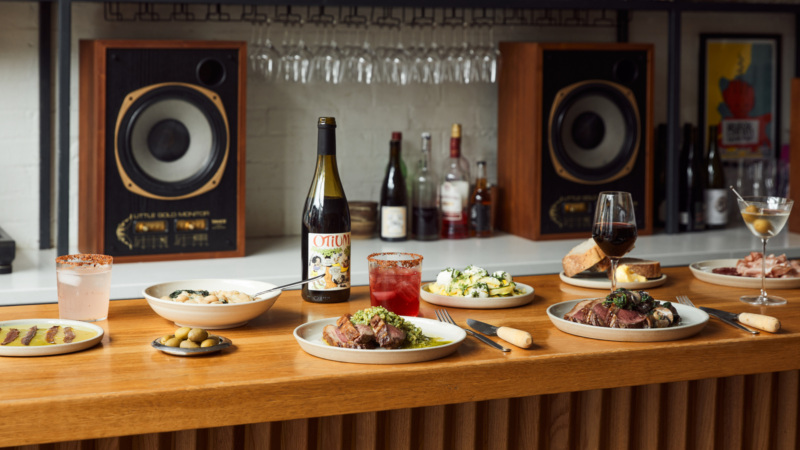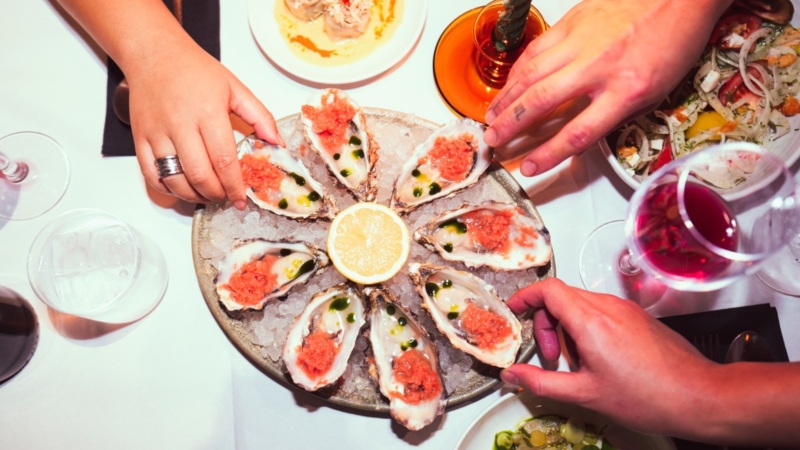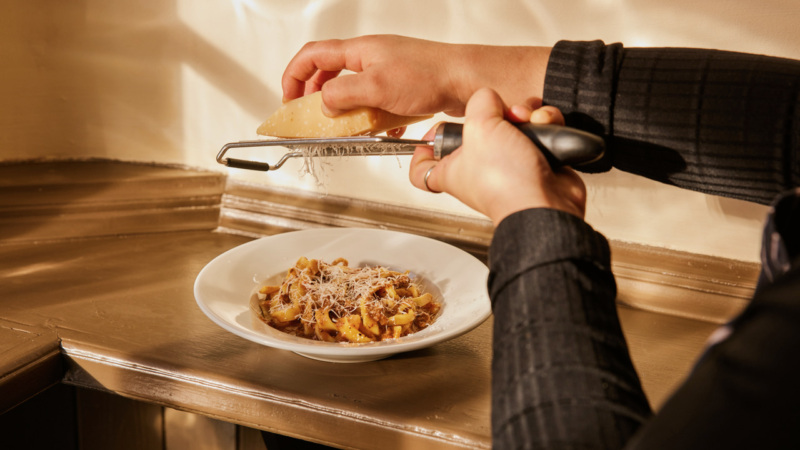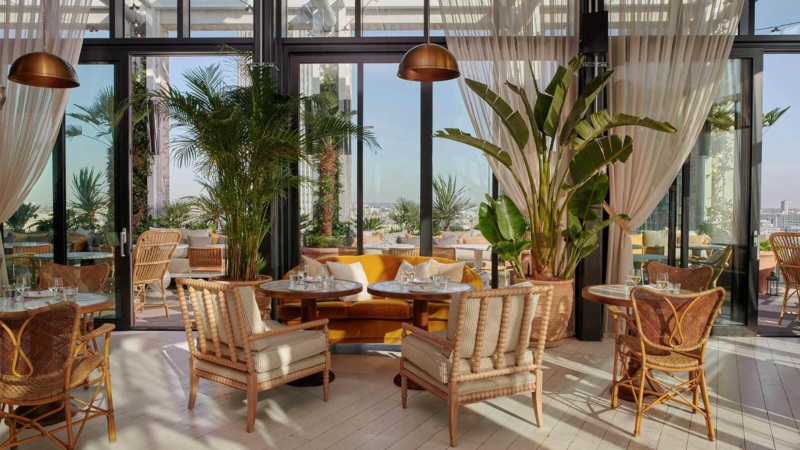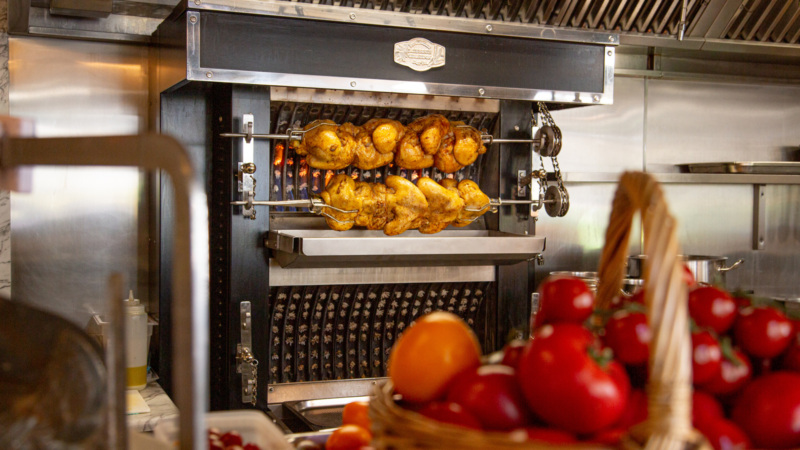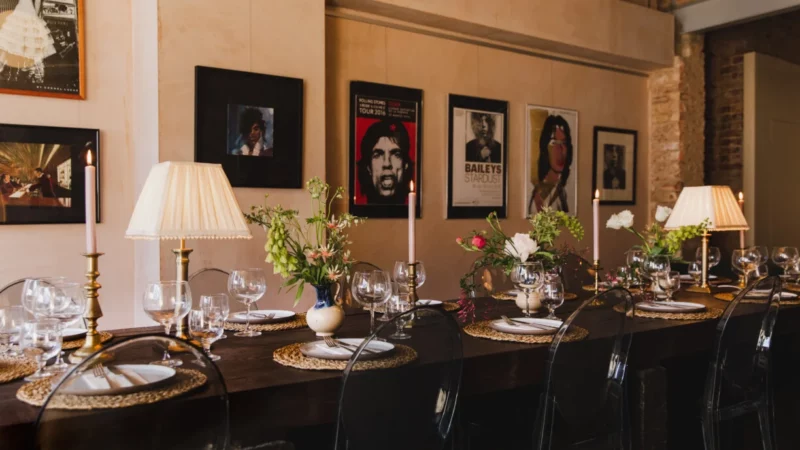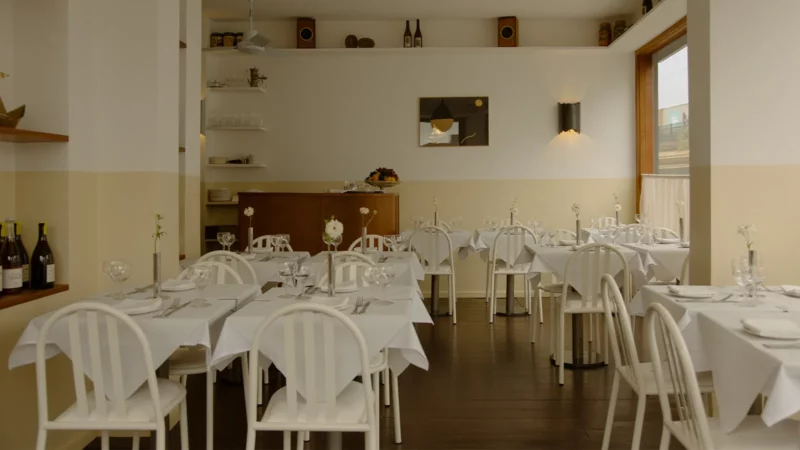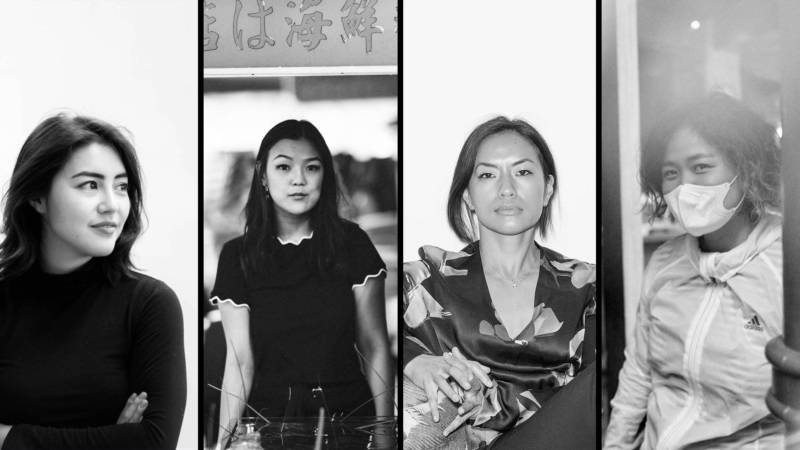
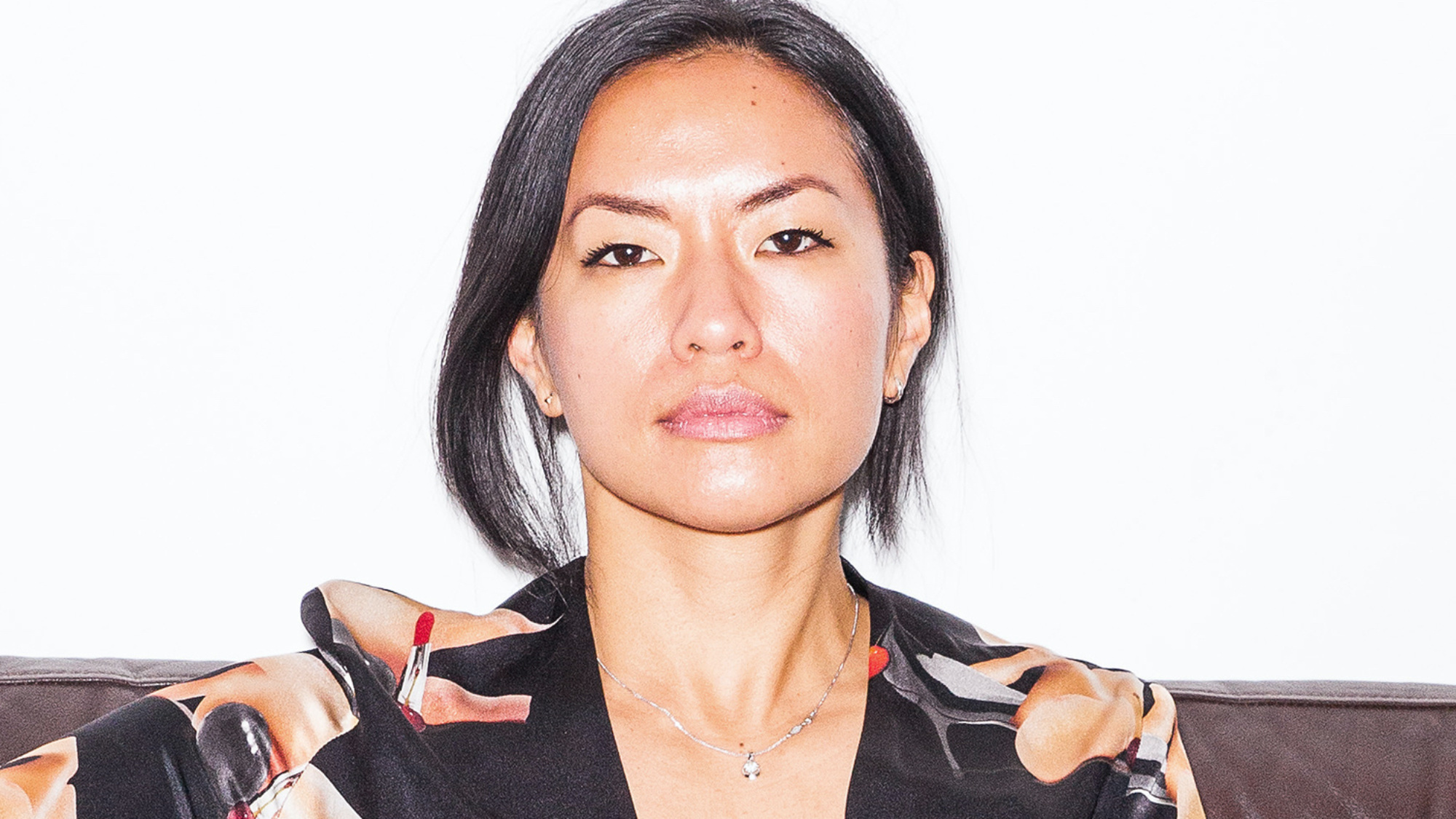
Jenny Lau, Community Organiser and Founder, Celestial Peach
In the last year, there has been increased attention on East and South East Asian (ESEA) communities in the UK as racial attacks – in response to the novel coronavirus – have risen at dramatic rates. Within the ESEA community, individuals have addressed how narratives are created over decades and centuries that contribute to the normalisation of this kind of violence. There has been an uncomfortable conversation about the space that these Asian communities exist within the culture fabric of the UK, which includes food.
With Celestial Peach, Jenny Lau has tapped into the ESEA community’s shared heritage through the food cultures of China, East and Southeast Asia. As a community organiser, she has been a key figure in fundraising and increasing awareness for grassroots initiatives in London like the Hackney Chinese Community Services, Kanlungan Filipino Consortium and the London Chinese Community Centre. Additionally, through programs like an Asian Dessert Exchange, she has also connected many individuals into an oft disparate community via the medium of food.
Here, she discusses the ongoing need for community during and post-pandemic, why the burden of activism falls disproportionately on women of colour, and the joy of women supporting women within the ESEA community.
What made you focus on food as a way of rallying and building community?
Food is a great unifier and equaliser; it transcends languages and borders. We have all learned so much about each other’s cultures through the similarities, rather than differences, in our cuisines.
Back in 2019, I set up a regular potluck meet-up for Chinese foodies in London meeting at the Hackney Chinese Community Services, which has been serving the ESEA community in Hackney for 35 years. Initially, it was a rather selfish way for me to make more British Chinese friends. Although I grew up in Hong Kong and had a very diverse upbringing in London, it seems as I’ve gotten older the colour has literally drained from my social circle and I needed a way to rectify that.
The potluck club organically loosened its boundaries and contains a multitude of ethnicities. Just before the pandemic hit, I felt like I was hitting a good stride; the club was growing, and I was about to launch a fundraising supper club for HCCS with different ESEA chefs.
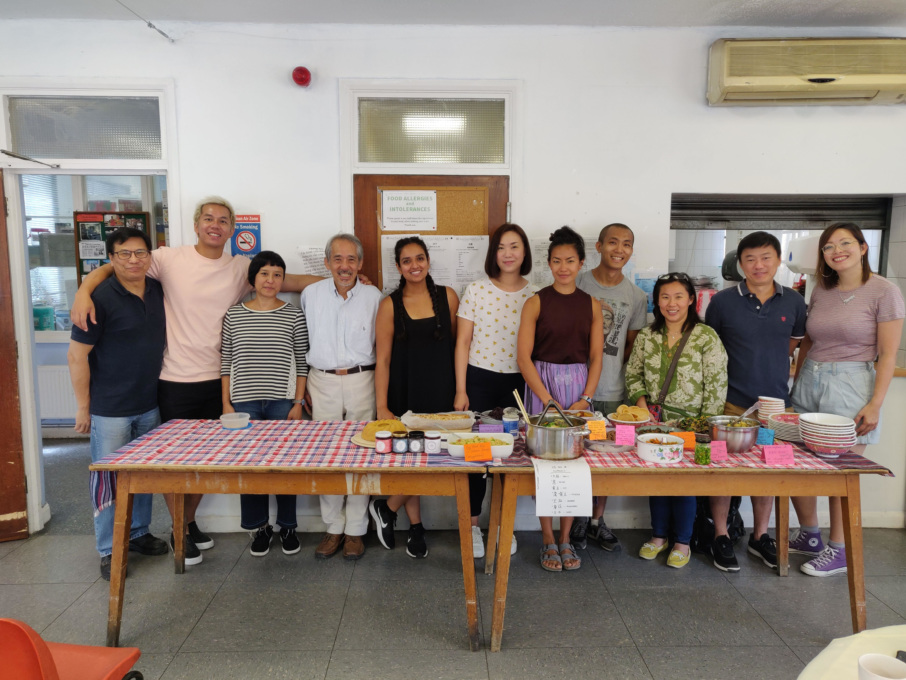
How has that work changed, and become vital in the last 12 months?
During the pandemic I have been volunteering in an official capacity for HCCS and the London Chinese Community Centre, using my platform to find volunteers and disseminate educational material, and helping LCCC with meeting their long-term fundraising targets.
It wasn’t until we all felt the impact of social isolation that I realised how important it is to maintain that community that exists outside of family and friends – and specifically a physical space to house that community. So, I have grown to appreciate what these community centres provide in terms of services and emotional and mental support, especially to the elderly and vulnerable.
During this time, I also set up an Asian Dessert Exchange, which has allowed the club’s reach to widen across the UK and interrogate this category of ‘Asian’.
I don’t regard myself as an ‘activist’. I feel my role is not to tackle the world’s problems but to maintain what was already a good thing – a sense of togetherness in the community I had helped to build, and a tangible form of connection through food.
In light of the rise in anti-Asian hate and several internet meltdowns over ESEA cultural appropriation, I have just kept doing my thing and not felt the need to modify to appeal to a non-ESEA audience or to take a more aggressive stance. I believe in educating from the inside out through thoughtful and joyous celebration of diverse cultures: “win them with smiles…and cake”. That kind of thing.
It seems to be predominantly women doing the work of community and support; what have been your observations?
I definitely observed this too since BLM – why is it that the bulk of the activism, charity and volunteering work falls on women, specifically women of colour? How is this fair when women of colour are the ones who earn the least and have the least time?
“Why is it that the bulk of the activism work falls on women, specifically women of colour? How is this fair when women of colour are the ones who earn the least and have the least time?”
My observation (speaking broadly here) has been that there is a clear division of labour in the activism work, but not necessarily a voluntary one: women are the educators, organisers, therapists and carers. They do the bulk of emotionally tiring, and time-consuming work such as the backend stuff, the admin. Men channel their energy into pure rage and fury, which is praised but not challenged, whereas the ‘angry Asian woman’ is demonised as a difficult, hysterical and over-sensitive creature.
In the Celestial Peach journey, I have received the most support from women, especially women of colour, and disappointingly little recognition from men. And yes, I do get angry and resentful looking at how much praise and recognition men get for doing so very little. Even looking at the people who participate in my food exchange programme – they are mostly women. We know there are just as many men who enjoy cooking, but I suspect they are not so interested in giving and sharing if no reward is involved.
How can others support?
If you’re in a relationship or social circle or community or company where you can see that one person – especially a woman of colour – taking on the majority of the activism work, for god’s sake, offer to help! Don’t assume they ‘enjoy’ taking on this role.
In the wake of the Atlanta shooting, I spoke with many Asian women who talked about how exhausting it was – emotionally and physically – to have to process what happened, the traumas that it dredged up, the compulsion to doomscroll all day. I know of a few women who took time off work to look after their mental health. In contrast, your average (white) male is able to breeze through life excelling at his job because he is permitted the time and energy to focus solely on his career.
What do you hope to continue and how do you see the future?
After Sarah Everard, I decided to schedule a completely confidential ESEA women’s circle online. This was even before the Atlanta shooting happened! I received 100 signups from ESEA women all around the UK. Although that doesn’t seem like a lot, many who attended said they had never seen so many Asian women in one room. And most importantly, we were able to vent, rage and cry with each other without needing to explain ourselves. I think that the online solidarity would not have been possible had we not just spent a year socially isolated from the world. Our dependence on online connection has been both a blessing and a curse.
I would love to continue an ESEA women-led support group in some way. I never would have imagined that that was possible pre-pandemic, or that there would even be that level of interest.
I would just really like for us to get to a place where we don’t have to constantly explain ourselves, to dredge up past traumas in order to define ourselves. That mandatory preamble is indeed exhausting.
Anna Sulan Masing is a London-based writer and academic, and a co-founder of Sourced Journeys and Cheese Magazine. She is of South East Asian heritage and has written extensively about race, gender, and cultural appropriation in food. The women interviewed are people in her network and those who she has encountered through her work over the years. Follow her on Twitter and Instagram. Follow Resy, too.

